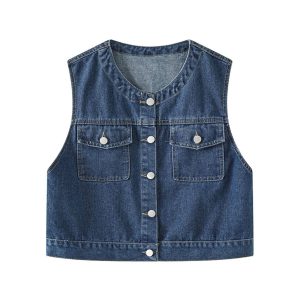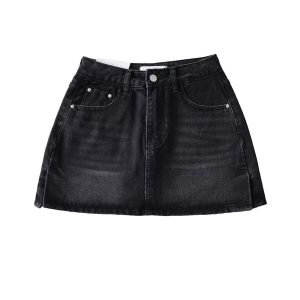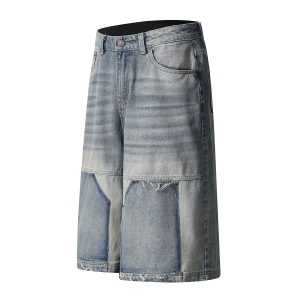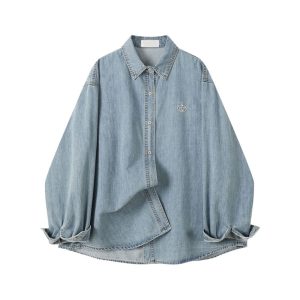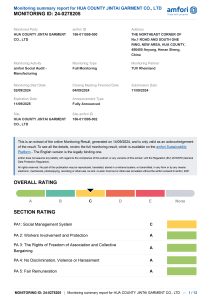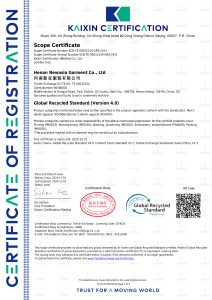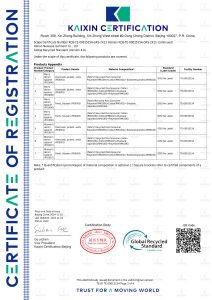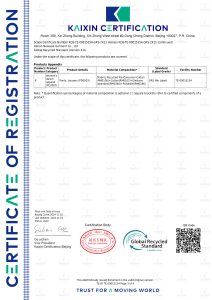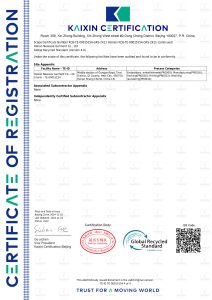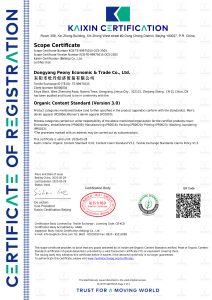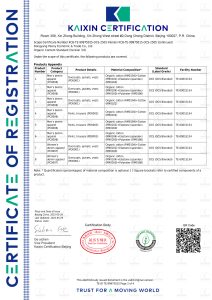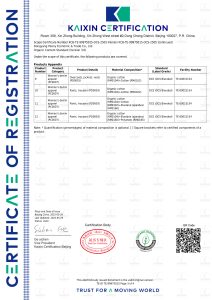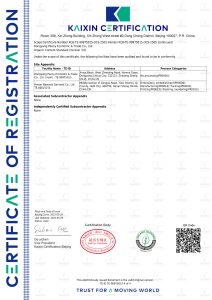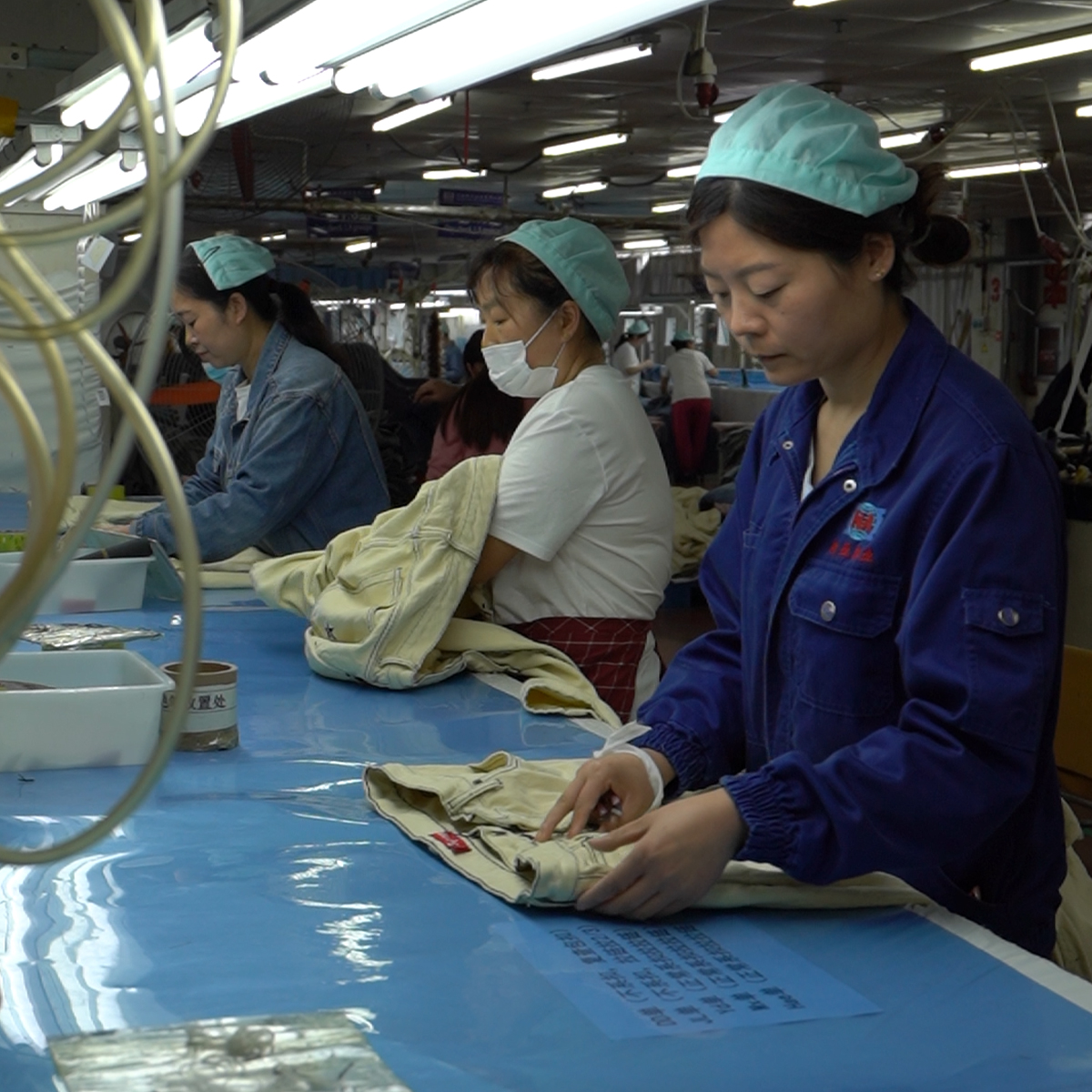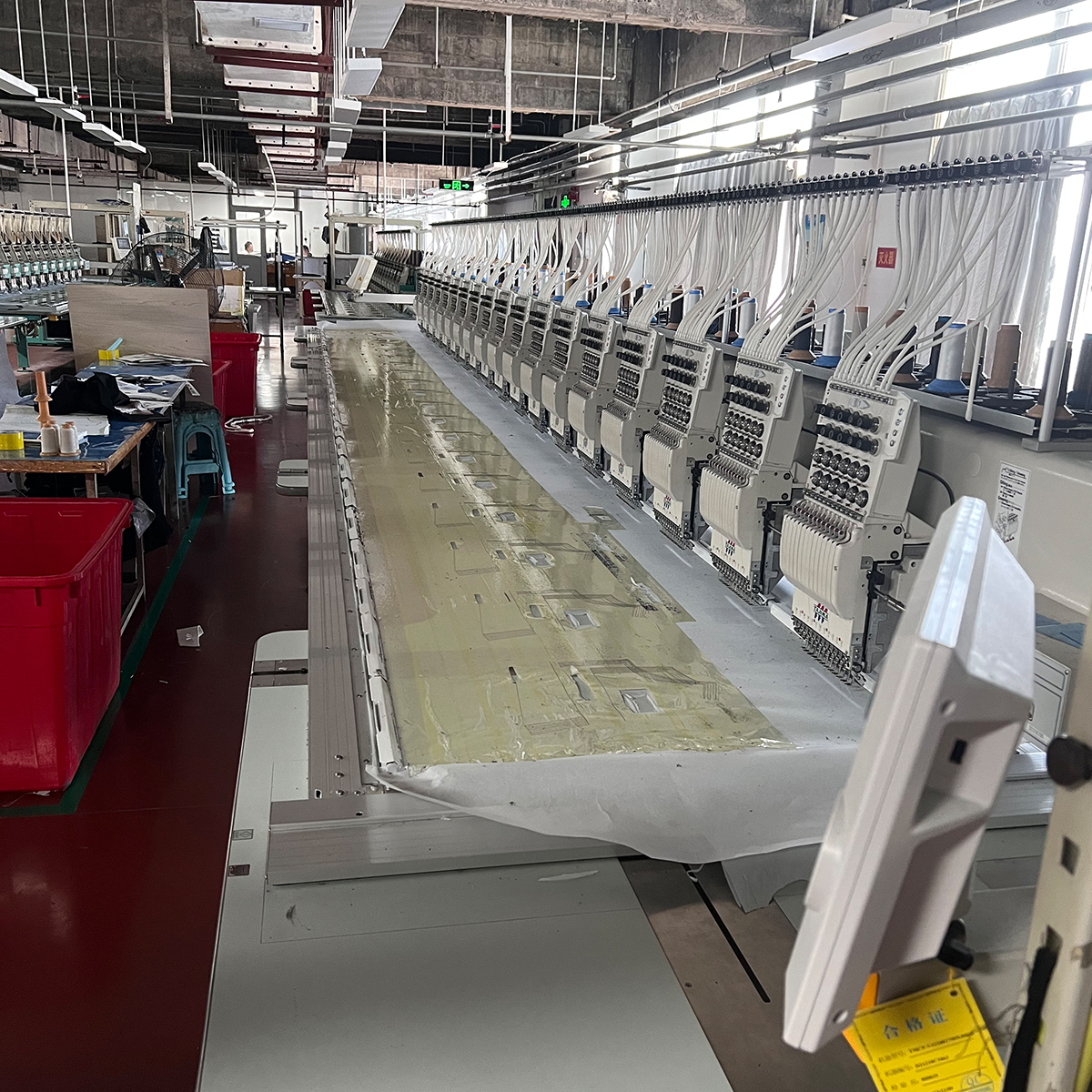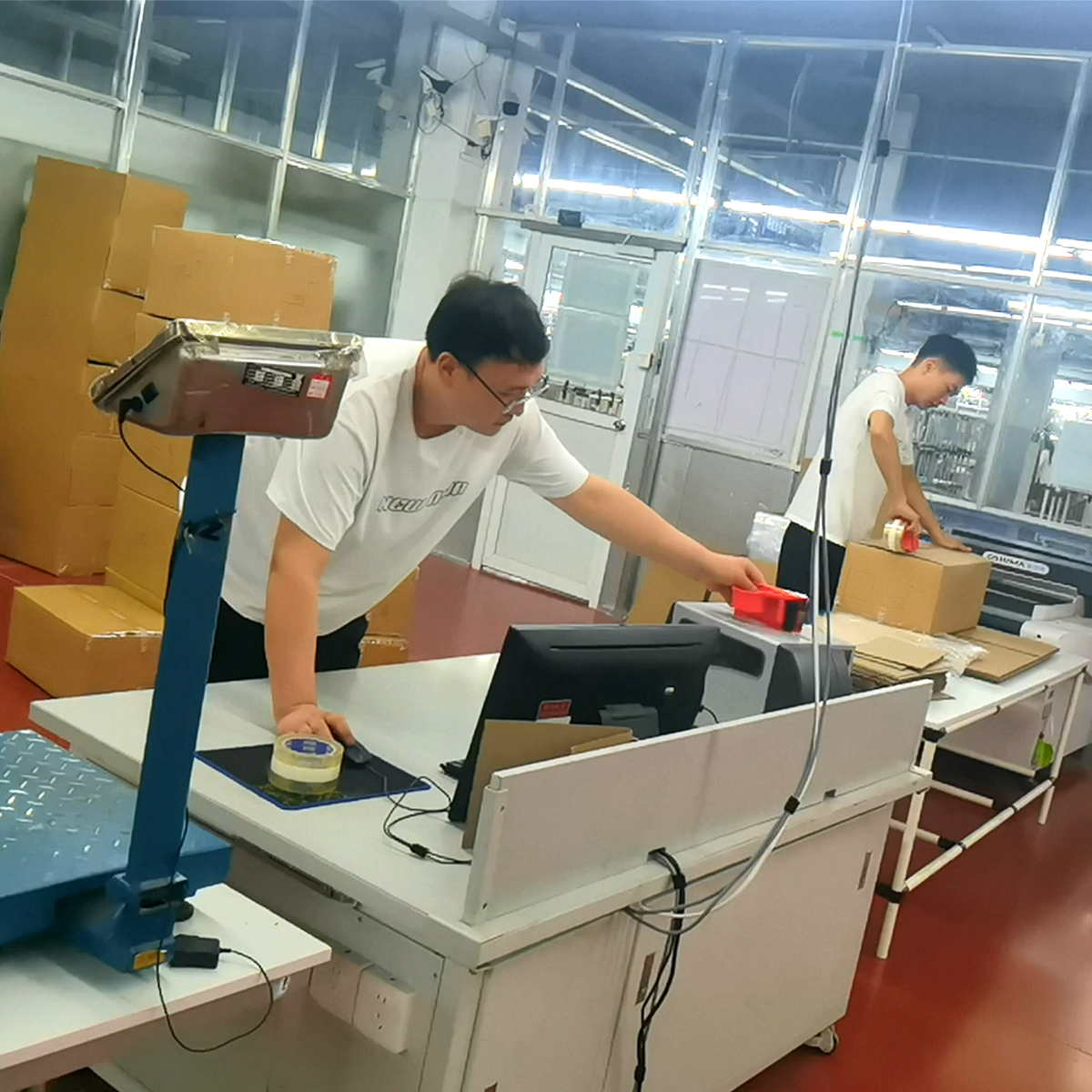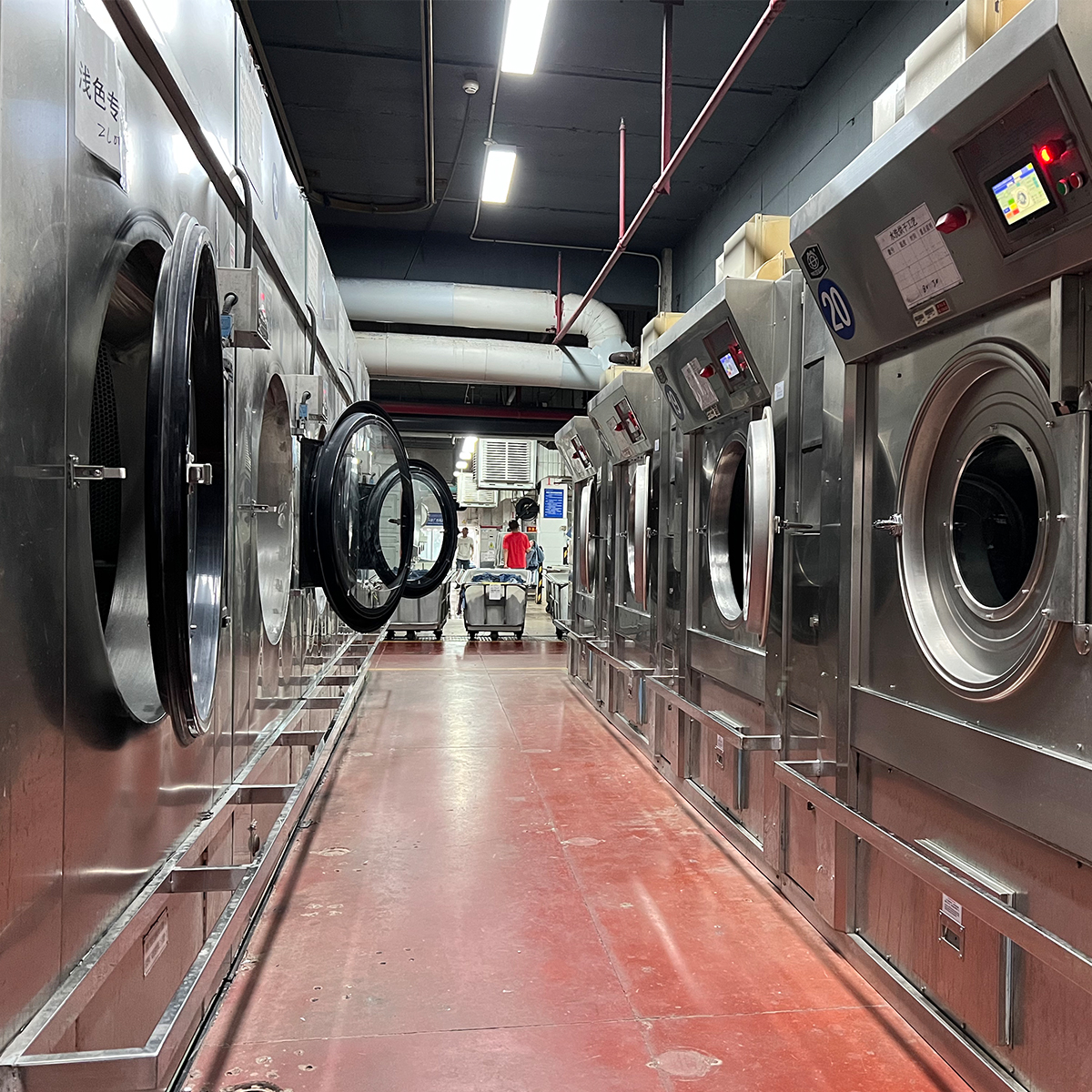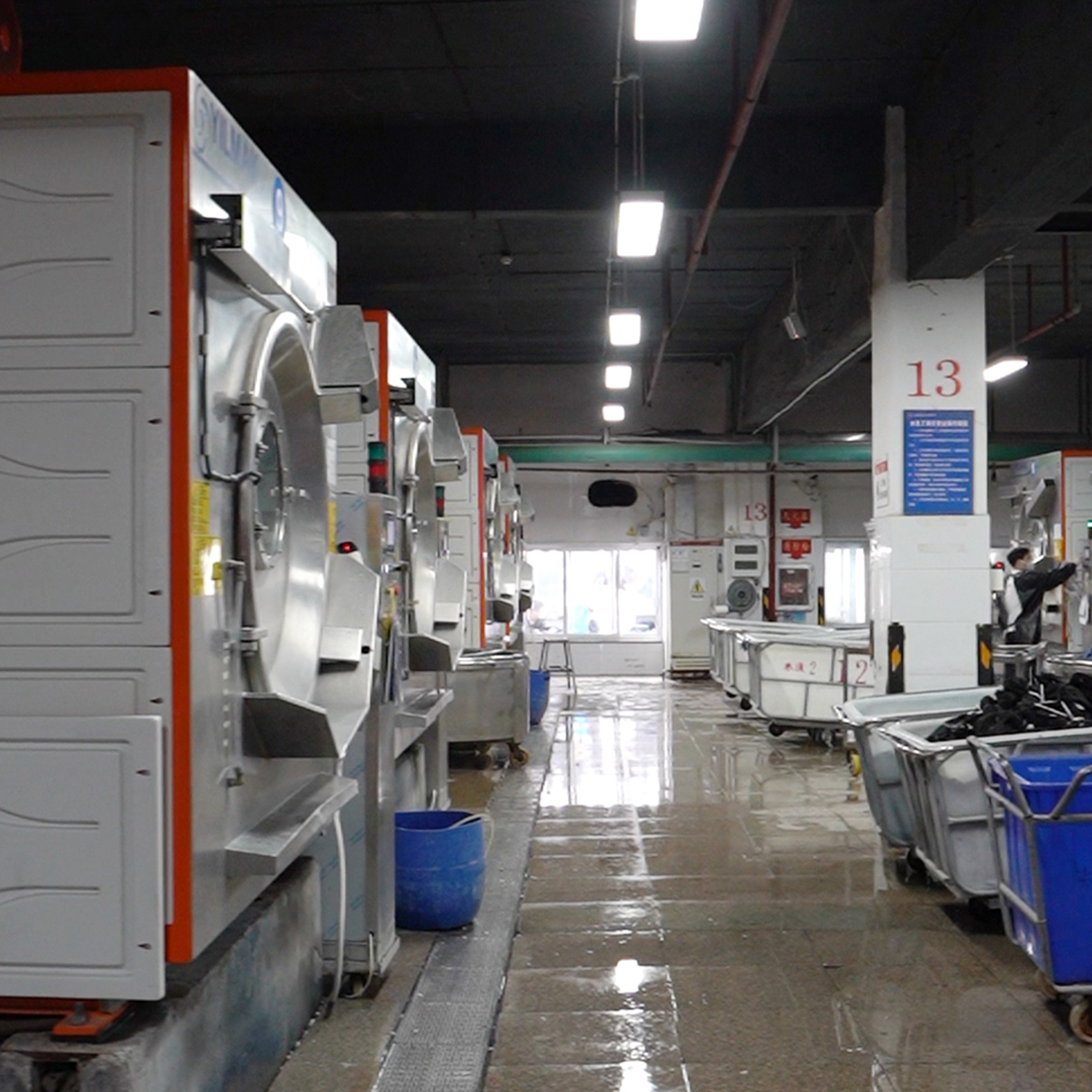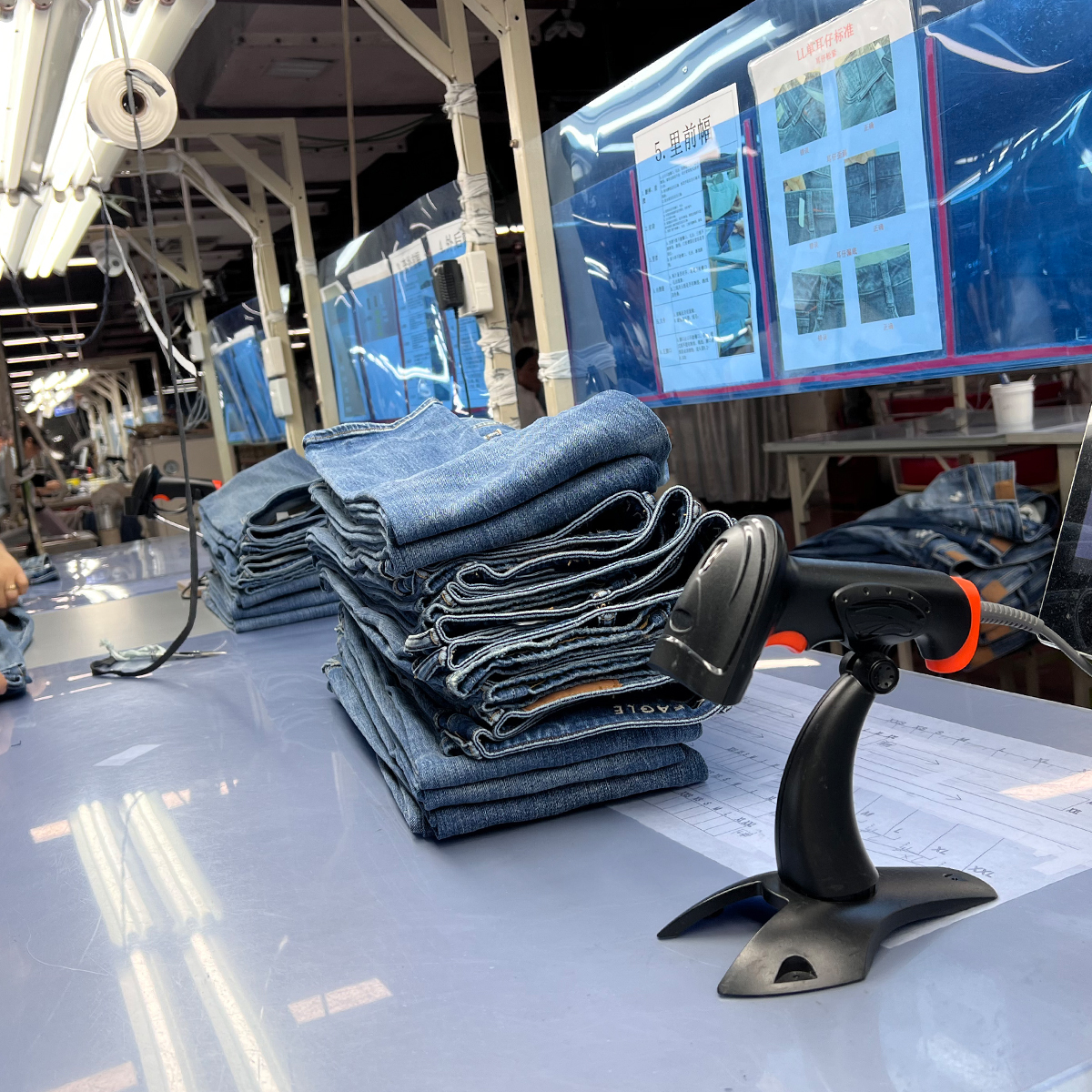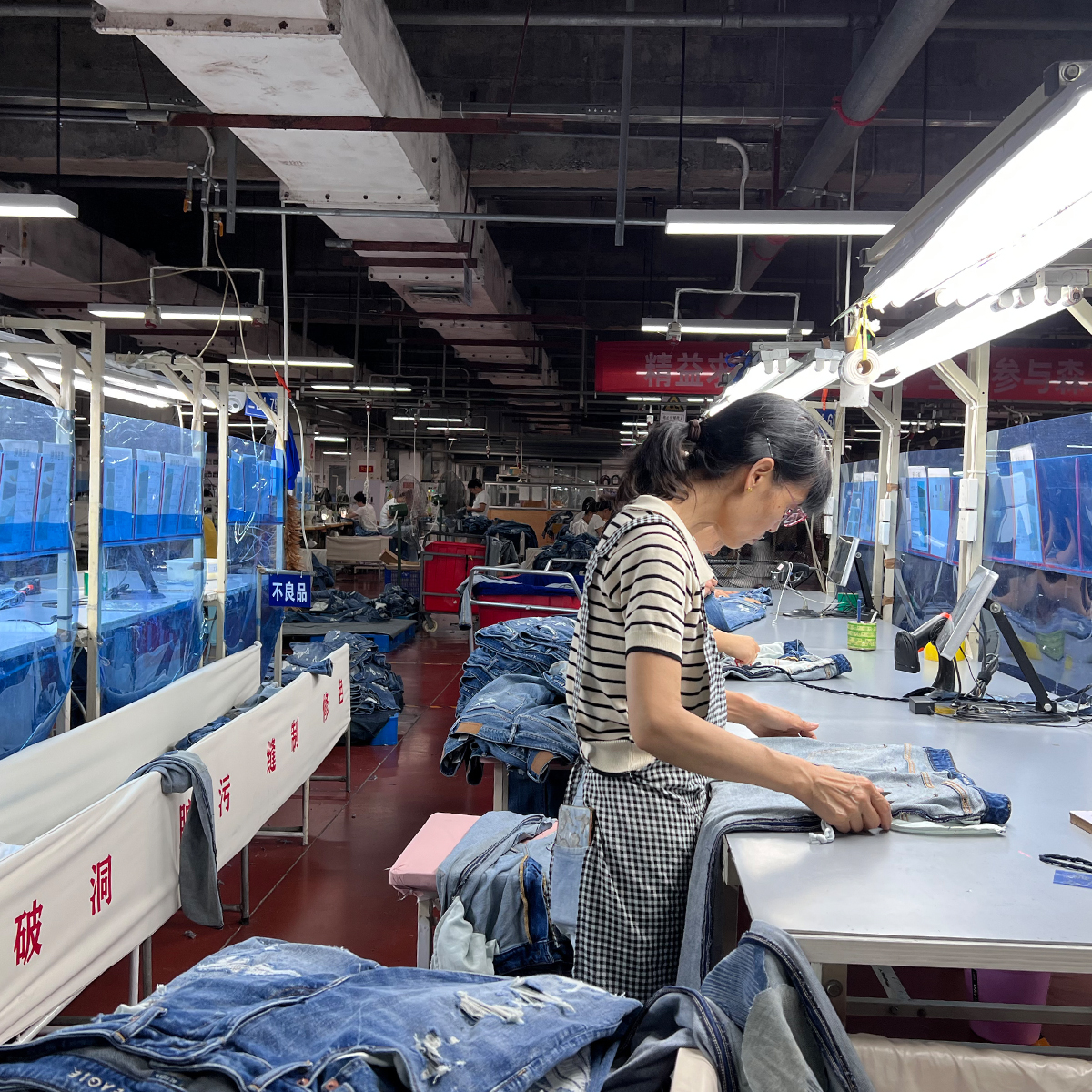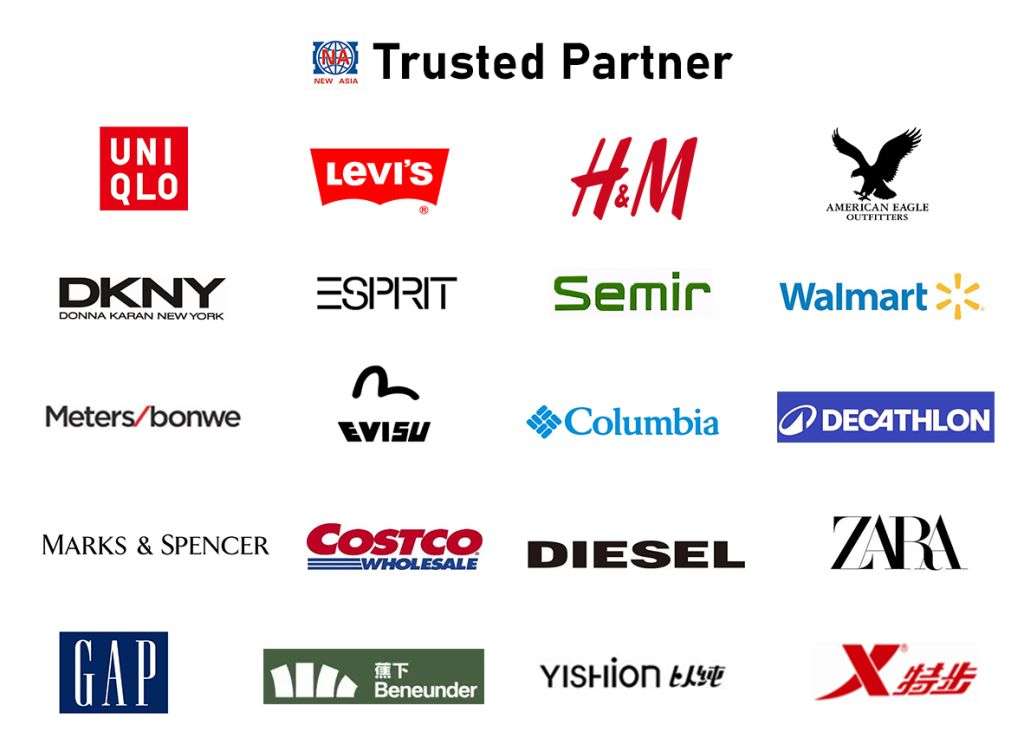Women’s blue jeans are a staple in any wardrobe, providing comfort, style, and versatility. As more brands enter the blue jeans market, finding the right supplier can be challenging. Whether you’re a boutique owner, a fashion retailer, or looking to start your own denim line, selecting the right supplier is crucial for quality, efficiency, and sustainability. In this article, we explore how to choose the best women’s blue jeans suppliers while ensuring the highest standards for your customers.
Understanding the Women’s Blue Jeans Market
The women’s blue jeans market has evolved significantly over the past few years. With various styles, cuts, and materials available, it’s essential to stay updated on the latest trends. Research shows that the global denim market is projected to reach approximately 76 billion dollars by 2024, showcasing the immense potential for retailers. Your supplier needs to be aware of current trends and consumer preferences to ensure your offerings meet market demand.
Key Considerations When Choosing Suppliers
Quality of Material
The quality of the denim fabric is paramount. It influences everything from durability to comfort. Look for suppliers who source premium denim with good stretch and recovery characteristics. Evaluate their fabric options, considering factors such as weight, weight distribution, and the dyeing process. Samples from potential suppliers should be requested to assess the physical quality before making bulk orders.
Manufacturing Capabilities
Different suppliers have different manufacturing capabilities. Some may specialize in fast fashion, providing quick turnarounds, while others may focus on sustainable and ethically-produced denim. Understand what your business needs: Are you looking to produce large quantities quickly? Or are you interested in small batches of high-quality, sustainable jeans? Aligning your supplier’s manufacturing capabilities with your business goals is essential.
Sustainability Practices
Consumers today are increasingly environmentally conscious, making it crucial to partner with suppliers who prioritize sustainability. Inquire about their manufacturing processes, waste management, and labor practices. Certifications like GOTS (Global Organic Textile Standard) or Fair Trade can indicate a commitment to sustainable practices. A sustainable supply chain can not only reduce your carbon footprint but also attract socially-conscious consumers.
Evaluating Supplier Reliability
Communication
Effective communication with suppliers is vital. A reliable supplier should be responsive, transparent, and willing to discuss any inquiries or issues that arise promptly. Miscommunication can lead to costly mistakes, delays, and unsatisfied customers. Establish open lines of communication and ensure that your supplier understands your requirements clearly.
Reputation and Reviews
Researching a supplier’s reputation is critical. Look for reviews, testimonials, and case studies from other retailers. Online platforms such as LinkedIn, industry forums, and trade shows can provide valuable insights into the supplier’s credibility. Reach out to industry contacts for personal recommendations and to gather feedback about their experiences with various suppliers.
Pricing and Payment Terms
While price shouldn’t be the only factor in choosing a supplier, it’s still essential to negotiate competitive pricing. Get quotes from multiple suppliers and compare them against the quality and features offered. Ensure that you understand the terms of payment—do they require deposits, and what are their payment schedules? Favorable payment terms can help cash flow management, especially for new businesses.
Customization Options
Design and Fit Innovations
As consumer preferences shift, offering customized or tailored options can set your brand apart. Investigate suppliers who can accommodate custom orders, from unique designs to specific fits. The ability to provide customers with personalized products can enhance brand loyalty and drive sales. Typography, artwork, different washes, and styles such as high-waisted, bootcut, or mom jeans are popular customization features to consider.
Sampling Process
The sampling process enables you to assess the quality of the product before making a large investment. It is advisable to conduct thorough testing on samples from your chosen suppliers. Fit, durability test, wash tests, and wear tests should all be part of your evaluation process. Only move forward with suppliers that pass these quality tests and meet your standards.
Building a Long-Term Relationship with Your Supplier
Once you’ve chosen a supplier, nurturing that relationship is paramount. Regular feedback and open communication can help prevent misunderstandings and maintain quality control. Additionally, consider collaborative efforts, such as co-branding initiatives or exclusive products that can benefit both parties. A solid partnership can lead to better pricing, priority service, and overall improved business outcomes.
Stay Agile and Adaptable
The fashion industry is notorious for its rapid changes. Suppliers who can adapt to fluctuations in demand, trends, and materials will be invaluable partners. Discuss with potential suppliers how they manage supply chain disruptions, trends, and how quickly they can pivot production lines to meet changing market demands.
Networking and Trade Shows
Engaging with suppliers at industry events can foster connections and facilitate better deals. Trade shows like the Las Vegas Denim Show or the Blueprint show provide opportunities to meet potential suppliers face-to-face. Attending these events allows you to examine products firsthand, forge personal connections, and understand market trends better.
Conclusion
Finding the right women’s blue jeans supplier requires careful consideration and research. With a focus on quality, sustainability, reliability, and communication, you can establish a partnership that benefits your brand and meets consumer demands. The journey requires effort, but the rewards of having a dependable supply chain are significant in standing out in the competitive denim market.



